Doing the Math with Paraeducators: Enhancing and Expanding and Sustaining a Professional Development Model in PreK to Grade 3 Math Classrooms
Description
Addressing mathematics professional development (PD) needs of PreK-3 paraeducators is critical, as their numbers continue to rise, and their duties expand beyond routine and clerical tasks. Paras often provide academic support in early math skills, which can be powerful predictors of academic achievement for students.
Prior Work: The video you will see is from our exploratory project through which staff developed and tested a PD model, responsive to paras’ working in a diverse urban district. Results of the twenty-three participants showed increased confidence and involvement in math instruction, greater facility using inquiry-based math resources, and improved strategies for supporting student thinking and addressing math learning challenges. Overall, there was a notable shift as paras moved from a monitoring role to an educator role, indicating the potential for opening pathways to teaching for these educators and diversifying the teaching pool.
This exploratory research resulted in our current project with Indiana University–Purdue University Indianapolis (IUPUI) in which we are collaborating with educators in two diverse urban districts, Boston, MA Public Schools, and Indianapolis, IN Metropolitan School District Washington Township. We are researching how well the project creates professional learning communities, influences para instructional practice, and develops para-mentors and teachers who support their colleagues. Our outcomes research is designed to capture longitudinal change in paraeducator confidence, mathematics pedagogical content knowledge and sense of teaching efficacy. Findings will also identify ways in which to create pathways that support para entry into teaching careers and leadership roles.
Current Staff:
- PI Judy Storeygard
- Co-PIs Karen Mutch Jones, Audrey Martinez-Gudapakkam, Brandon Sorge (IU-PUI)
- Senior Staff: Sabrina De Los Santos, Sophia Raymond
- Project Coordinator: Sarah Hill
- Professional Development Specialist: Connie Henry
NSF Awards: 1621151 and 2101425
Discussion
This discussion took place during the TERC Video Showcase Event Nov. 14-21, 2023. Discussion is now closed.Presenters
Lead Presenter
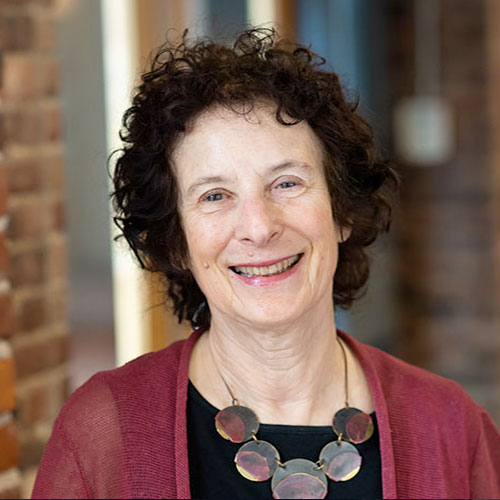
TERC
Co-Presenters

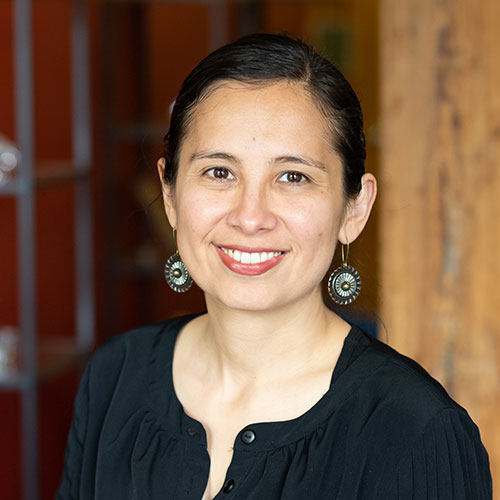
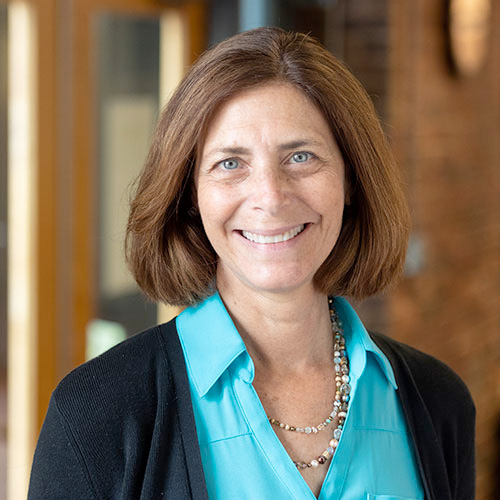
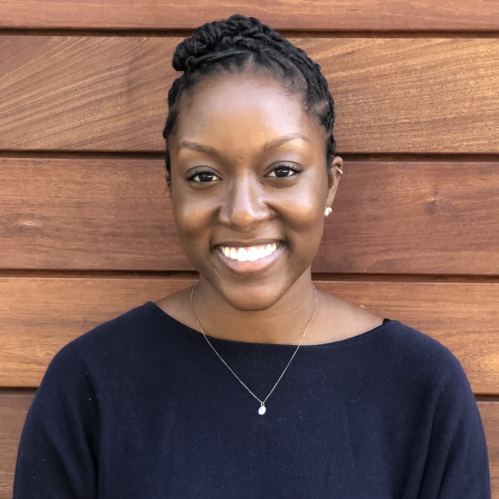
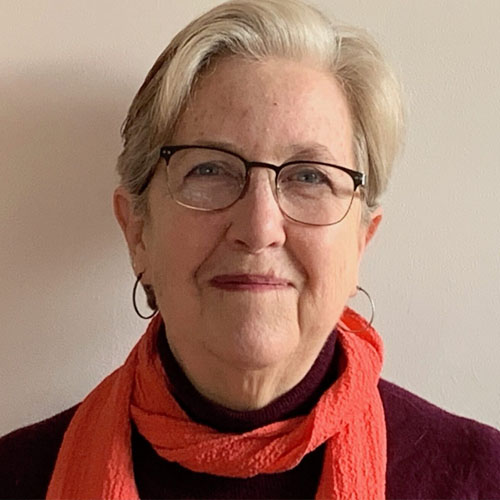
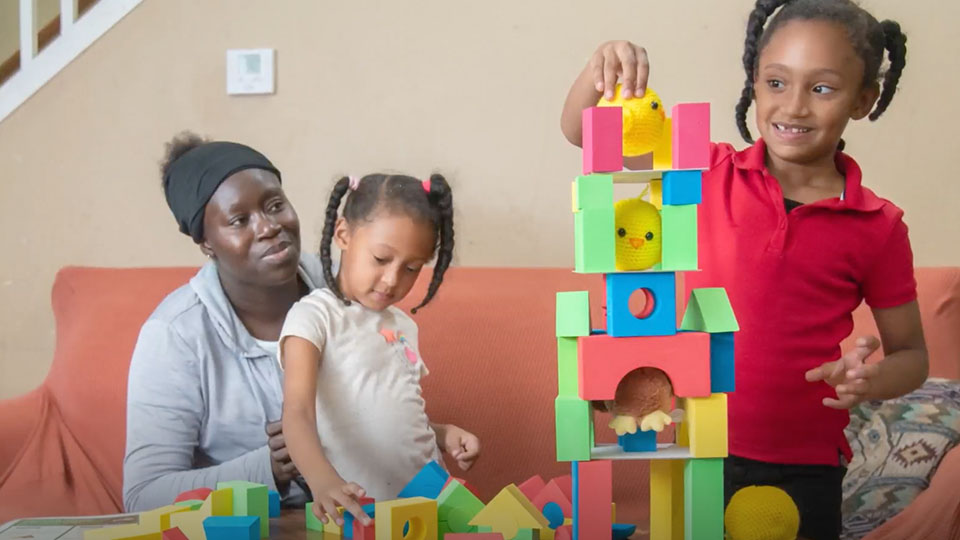
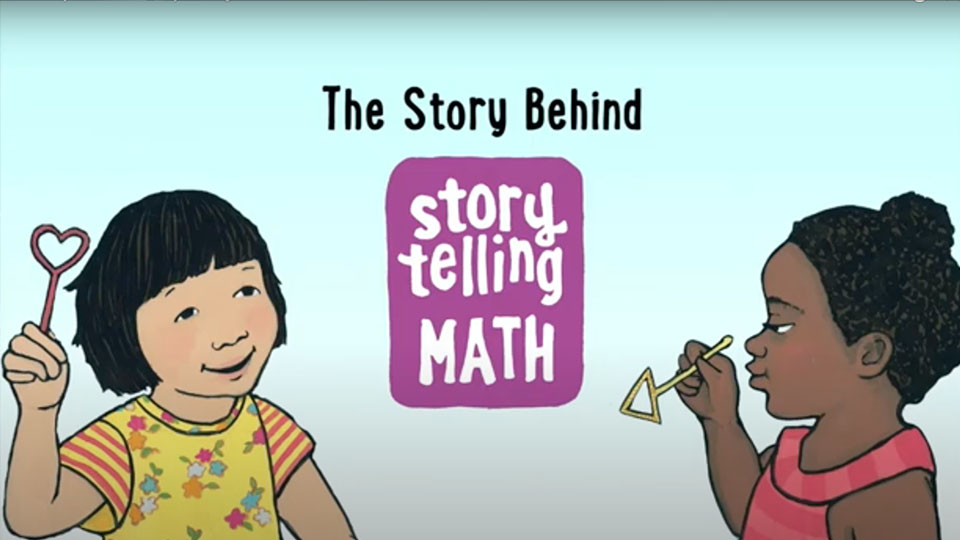
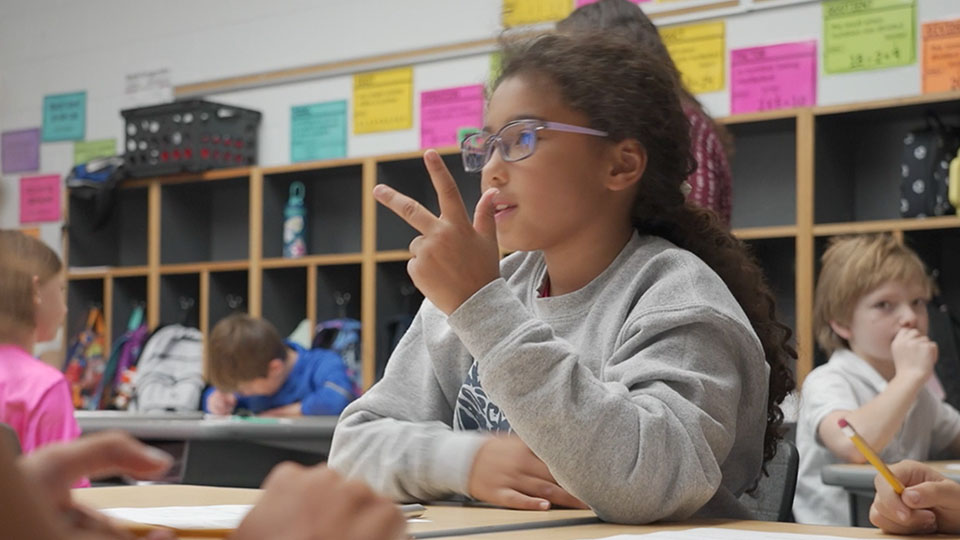
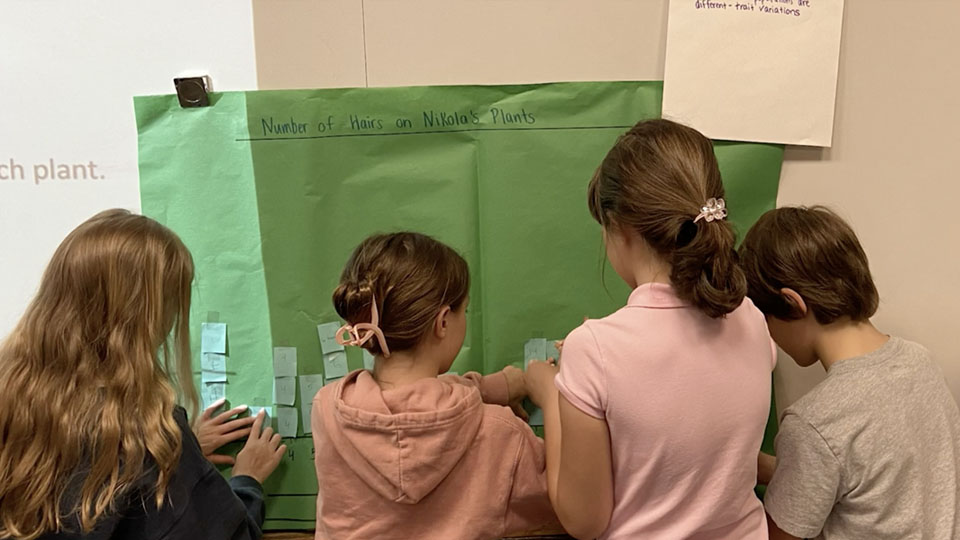
In the video, I hear the next phase of the project mentioned. Can you share an update of what has happened in the project since you recorded this video two years ago?
I was also wondering if you have data or anecdotes about what happens with the paraeducators beyond the project. For example, do they decide to pursue further education?
Thank you for this work! I look forward to the conversation.
We have found that consistent PD throughout the school year focused on building confidence is critical to helping them see themselves as learners and teachers. We focus on pedagogical content knowledge, particularly in understanding student thinking.We include school-based PD facilitated by coaches to begin to develop a learning community among the paraeducators. We woud be glad to answer any specific questions.
meetings in the schools focused on Looking at Student Work. These school-based meetings are crucial in building the paraeducators’ confidence and knowledge. They have the opportunity to delve into students’ thinking and representations, as well as building community.